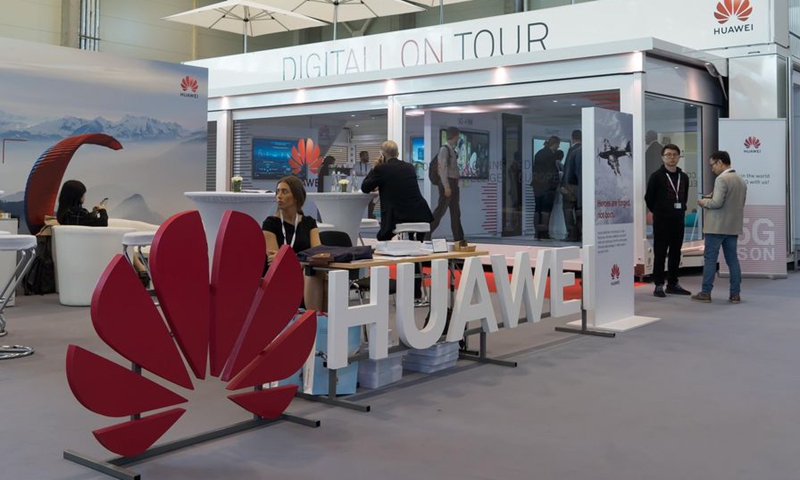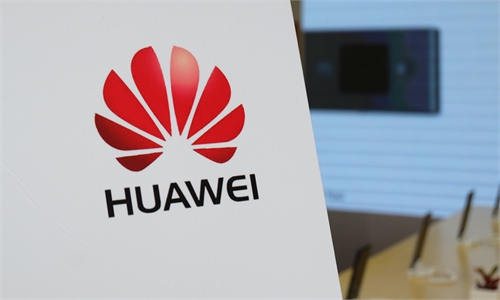SOURCE / INDUSTRIES
Huawei launches ‘Nanniwan’ project to shun US technologies

Photo taken on Nov. 20, 2019 shows Huawei's exhibition booth during a press preview for the 2019 World 5G Convention in Beijing, capital of China.(Xinhua/Li Xin)
As part of a backup plan to deal with the US' technology crackdown, Chinese tech giant Huawei has reportedly kicked off a project called "Nanniwan", the same name as a revolutionary site in Northwest China's Shaanxi Province, which will focus on gadgets that shun US technologies.
A large-scale production campaign was launched in Nanniwan during the War of Resistance against Japanese Aggression, aiming to tackle economic hardships, achieve self-sufficiency in production and insist on a protracted war against Japanese aggression.
Using the name Nanniwan for the project shows that Huawei aims for self-sufficiency in tough times, news site chinastarmarket.cn reported Tuesday.
Laptops, smart television displays and home automation products powered by the internet of things that fall into the category of being entirely unaffected by the US restriction policy are included in the project, the report said.
TSMC, the world's top contract chipmaker and a crucial Huawei supplier, said in mid-July while announcing its second quarter earnings that it had stopped taking any new orders from Huawei in May and plans to halt wafer shipments to Huawei after September 14.
The Trump administration announced new restrictions in mid-May to ban Huawei and its suppliers from using US technology and software in an escalation of the US' tech "decoupling" with China.
The consumer business unit of the besieged Chinese firm is ramping up its push for laptop and smart television display businesses. New laptop models will be announced at Huawei's summer new product launch event on August 17.
Specifics about the new laptops' CPU options remain unknown, but it could be confirmed that the upcoming models do not include any components that rely on US technologies, according to the report, and the market is upbeat about growth opportunities to be brought about by Huawei's new product lines.
Global Times



